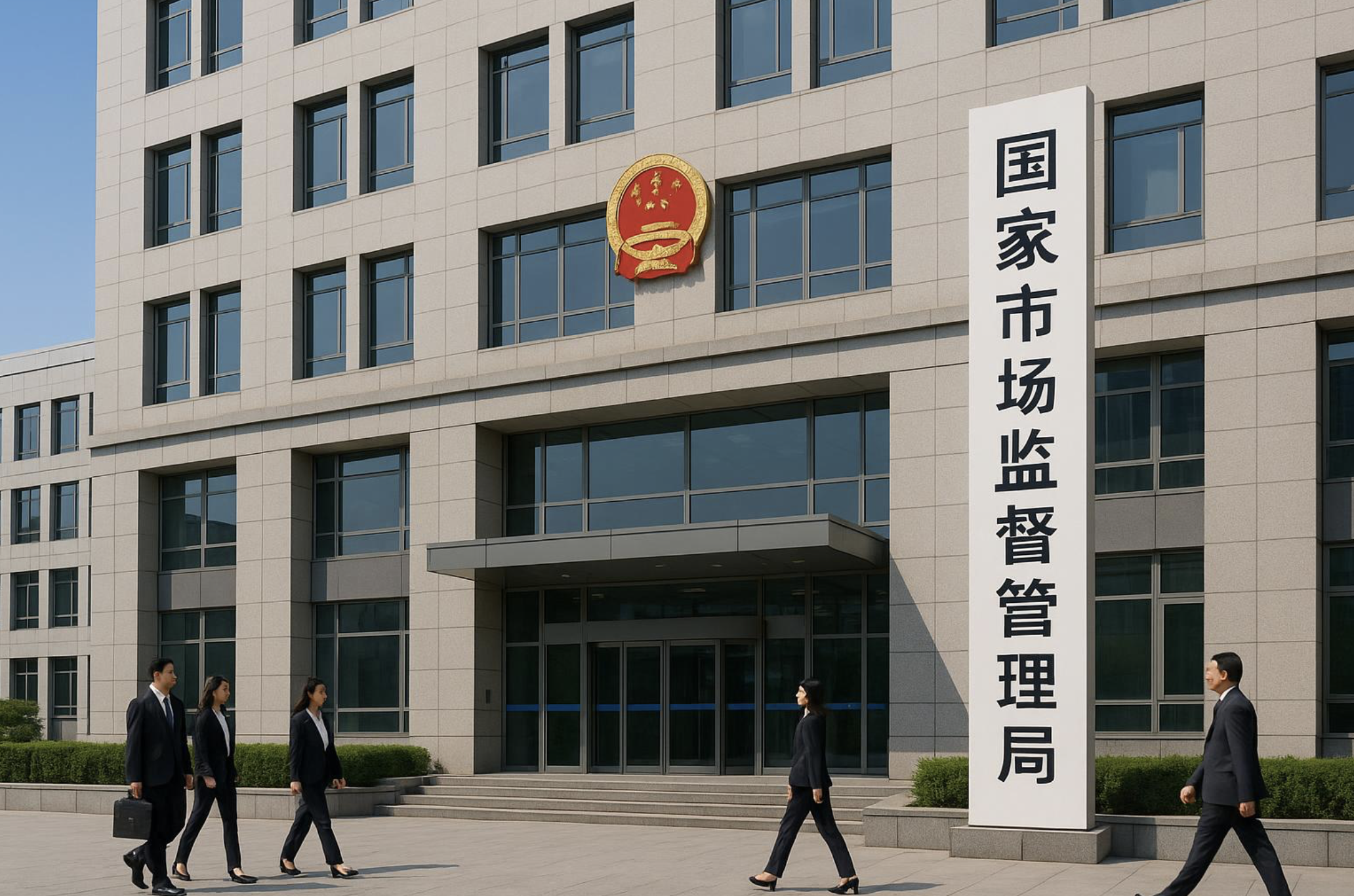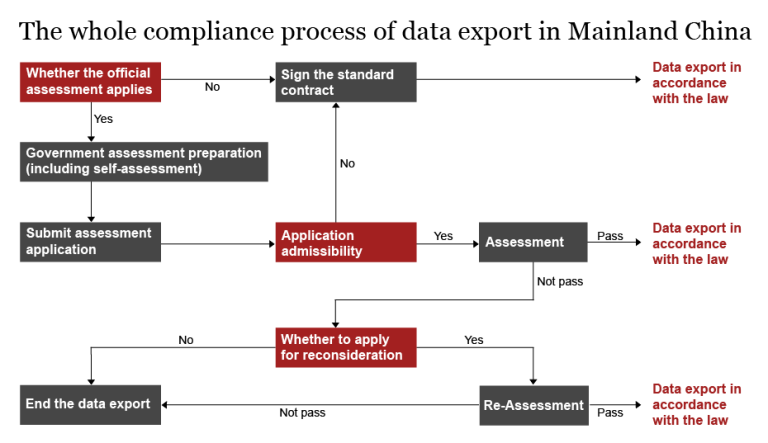China Tackles “In-Depth Competition” with Revised Anti-Unfair Competition Law: What UAE Businesses Need to Know
In a move to curb what is often referred to as “involution-style” or “in-depth” competition and to foster a healthier market environment, China has revised its Anti-Unfair Competition Law. The updated law, which comes into effect on October 15, 2025, introduces significant changes aimed at regulating unfair competition practices, particularly in the rapidly growing digital economy. For UAE businesses operating in or trading with China, understanding the nuances of this revised law is crucial for ensuring compliance and maintaining a competitive edge.
The revised law is a clear signal of the Chinese government’s commitment to creating a fair, transparent, and predictable business environment. It addresses several emerging issues in the digital era, including the use of technical means to disrupt or influence user choices, the abuse of dominant market positions, and the dissemination of false or misleading information. This article provides a comprehensive overview of the key changes in the revised Anti-Unfair Competition Law and analyzes their potential impact on UAE businesses.
Key Changes in the Revised Anti-Unfair Competition Law
The revised law introduces several key changes that broaden the scope of what is considered unfair competition. These changes are designed to address the challenges posed by the digital economy and to protect the rights and interests of both businesses and consumers.
| Key Change | Description |
|---|---|
| Regulation of Unfair Online Competition | The law explicitly prohibits a range of unfair online competition practices, including fabricating transaction information, faking user reviews, and using technical means to influence user choices or disrupt the operations of other businesses. This is particularly relevant for e-commerce platforms and online service providers. |
| Prohibition of “Lowest Price on the Internet” Claims | The revised law takes aim at the common practice of claiming to offer the “lowest price on the internet.” Such claims are now considered a form of unfair competition unless they can be substantiated with clear and verifiable evidence. This provision is intended to prevent price wars and misleading advertising. |
| Strengthened Protection of Trade Secrets | The law enhances the protection of trade secrets by expanding the definition of what constitutes a trade secret and increasing the penalties for infringement. This is a welcome development for innovative businesses that rely on their intellectual property to maintain a competitive advantage. |
| Increased Penalties for Violations | The revised law significantly increases the penalties for engaging in unfair competition practices. This includes higher fines and, in serious cases, the suspension of business operations. The increased penalties are intended to create a stronger deterrent and to ensure compliance with the law. |
Implications for UAE Businesses
The revised Anti-Unfair Competition Law will have a significant impact on UAE businesses operating in China, particularly those in the e-commerce, retail, and technology sectors. The new regulations will require businesses to review and adjust their marketing strategies, pricing policies, and data handling practices to ensure compliance.
For E-commerce and Retail Businesses
UAE e-commerce and retail businesses that have a presence in China will need to be particularly mindful of the new regulations regarding unfair online competition. The prohibition of fake user reviews and fabricated transaction information will require businesses to implement stricter controls over their online platforms. The ban on unsubstantiated “lowest price on the internet” claims will also necessitate a shift in marketing strategies, with a greater emphasis on value and quality rather than just price.
For Technology and Innovation-Driven Businesses
For UAE technology and innovation-driven businesses, the strengthened protection of trade secrets is a positive development. This will provide greater security for their intellectual property and encourage further investment in research and development. However, these businesses will also need to be careful not to engage in any practices that could be construed as unfair competition, such as using technical means to disrupt the operations of their competitors.
Adapting to the New Regulatory Landscape
To adapt to the new regulatory landscape, UAE businesses should take the following steps:
- Conduct a comprehensive compliance review: Review your current business practices, marketing materials, and online platforms to ensure they are in compliance with the revised Anti-Unfair Competition Law.
- Train your employees: Ensure that your employees are aware of the new regulations and understand their responsibilities in ensuring compliance.
- Seek legal advice: If you are unsure about any aspect of the new law, seek legal advice from a qualified professional with expertise in Chinese law.
- Foster a culture of fair competition: Promote a culture of fair competition within your organization and encourage your employees to compete on the basis of quality, innovation, and service, rather than engaging in unfair or unethical practices.
A More Level Playing Field
The revised Anti-Unfair Competition Law is a significant step forward in China’s efforts to create a more level playing field for all businesses. By cracking down on unfair competition practices, the law will help to foster a healthier and more sustainable market environment. This will ultimately benefit both businesses and consumers, and will further strengthen the economic and trade ties between the UAE and China.
As China continues to refine its legal and regulatory framework, it is essential for UAE businesses to stay informed and adapt to the changing landscape. By embracing a culture of compliance and fair competition, UAE businesses can not only succeed in the Chinese market but also contribute to the development of a more robust and equitable global trading system.
References
[1] Beijing Municipal Bureau of Justice. (2025, September 29). New regulations to be implemented in October 2025. Retrieved from https://sfj.beijing.gov.cn/sfj/sfdt/fzxc74/743776535/index.html
[2] China Stock. (2025, September 29). New regulations are coming in October, concerning our lives. Retrieved from https://www.cnstock.com/commonDetail/548912







